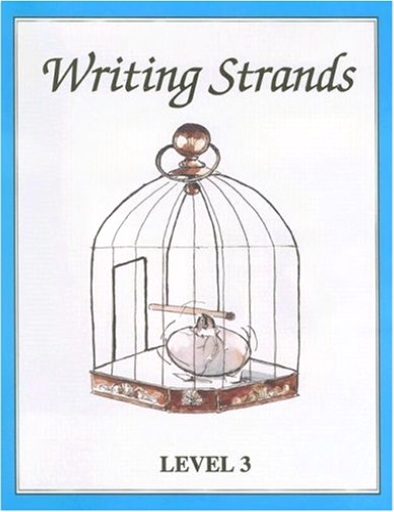 Level Three is designed for students aged 8 - 12, or who have completed Writing Strands Level 2. It is designed to give beginning writers experience in organizing thoughts so that they can be understood easily by others. Recommended in Kolbe Academy Grades 3-6Author: Dave Marks Grade: 2-6Format: Paperback Publisher: National Writing Institute 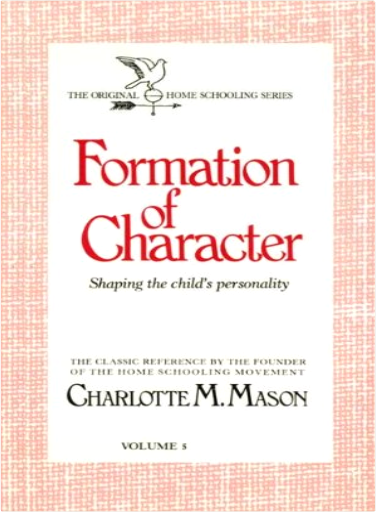 Formation of Character is the fifth volume of Charlotte Mason's Homeschooling series. The chapters stand alone and are valuable to parents of children of all ages. Part I includes case studies of children (and adults) who cured themselves of bad habits. Part II is a series of reflections on subjects including both schooling and vacations (or "stay-cations" as we now call them). Part III covers various aspects of home schooling, with a special section detailing the things that Charlotte Mason thought were important to teach to girls in particular. Part IV consists of examples of how education affected outcome of character in famous writers of her day. Charlotte Mason was a late nineteenth-century British educator whose ideas were far ahead of her time. She believed that children are born persons worthy of respect, rather than blank slates, and that it was better to feed their growing minds with living literature and vital ideas and knowledge, rather than dry facts and knowledge filtered and pre-digested by the teacher. Her method of education, still used by some private schools and many homeschooling families, is gentle and flexible, especially with younger children, and includes first-hand exposure to great and noble ideas through books in each school subject, conveying wonder and arousing curiosity, and through reflection upon great art, music, and poetry; nature observation as the primary means of early science teaching; use of manipulatives and real-life application to understand mathematical concepts and learning to reason, rather than rote memorization and working endless sums; and an emphasis on character and on cultivating and maintaining good personal habits. Schooling is teacher-directed, not child-led, but school time should be short enough to allow students free time to play and to pursue their own worthy interests such as handicrafts. Traditional Charlotte Mason schooling is firmly based on Christianity, although the method is also used successfully by s |  Ourselves, the fourth volume of Charlotte Mason's Classic Homeschooling Series, is a character curriculum book written directly to children. Book I, Self-Knowledge, is for elementary school students; Book II, Self-Direction, is for older students. Self-Knowledge discusses our human desires and appetites; the "helpers" in our minds, such as intellect, sense of beauty, imagination, and reason; the ways in which we feel and express love for others, including sympathy, kindness, generosity, gratitude, courage, loyalty, and humilty; and truth, justice, and integrity; and ends by encourages children to develop the habit of being useful. Self-Direction is an in-depth discussion of the conscience and virtues such as temperance, chastity, fortitude, and prudence; the will and self-control; and the soul and its capacities, such as prayer, thanksgiving, faith, and praise. Charlotte Mason was a late nineteenth-century British educator whose ideas were far ahead of her time. She believed that children are born persons worthy of respect, rather than blank slates, and that it was better to feed their growing minds with living literature and vital ideas and knowledge, rather than dry facts and knowledge filtered and pre-digested by the teacher. Her method of education, still used by some private schools and many homeschooling families, is gentle and flexible, especially with younger children, and includes first-hand exposure to great and noble ideas through books in each school subject, conveying wonder and arousing curiosity, and through reflection upon great art, music, and poetry; nature observation as the primary means of early science teaching; use of manipulatives and real-life application to understand mathematical concepts and learning to reason, rather than rote memorization and working endless sums; and an emphasis on character and on cultivating and maintaining good personal habits. Schooling is teacher-directed, not child-led, but school time should be short enough to a 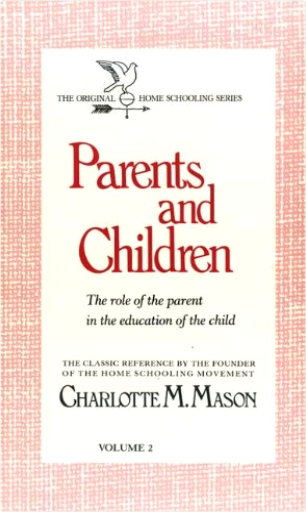 0842313567 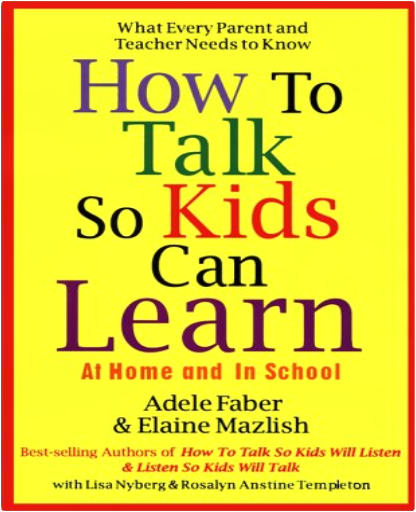 America's leading experts on parent-child communication reveal how parents and teachers can work together to open kids' minds to enjoyable learning |

Collection Total:
1,040 Items
1,040 Items
Last Updated:
Sep 16, 2014
Sep 16, 2014
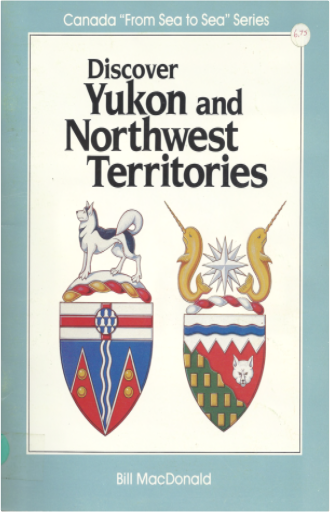

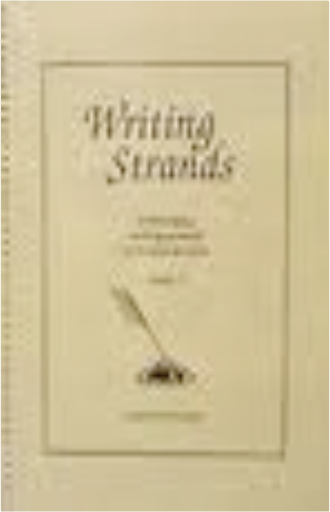
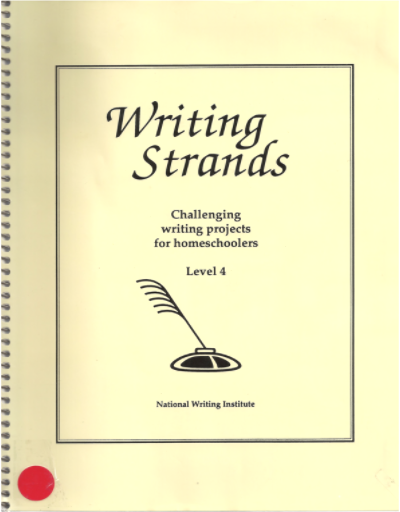
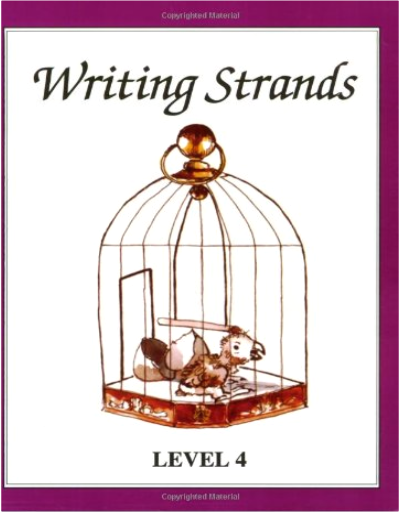
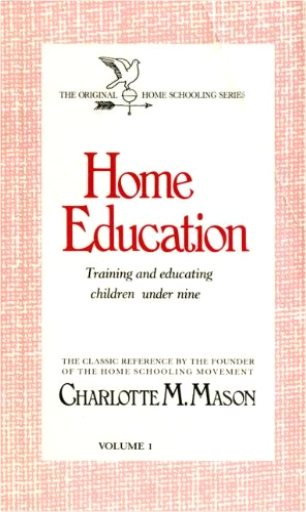
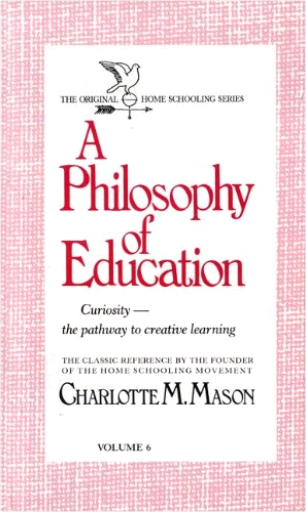
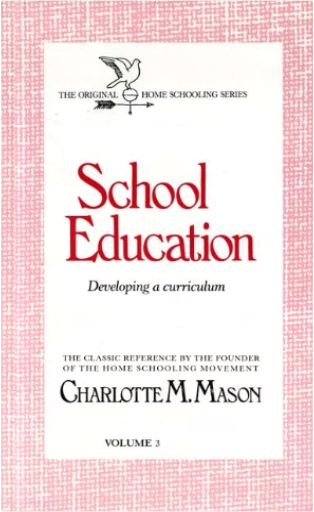
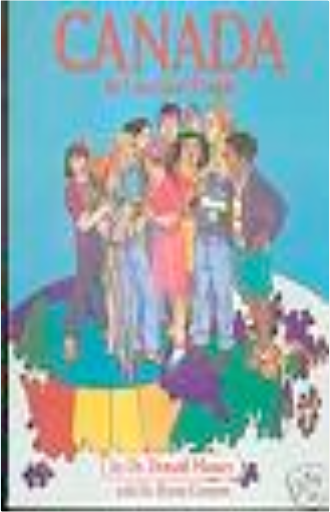
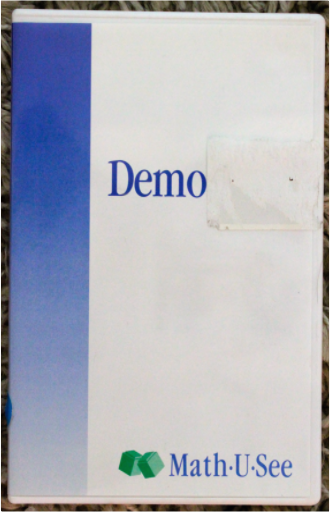
 Made with Delicious Library
Made with Delicious Library